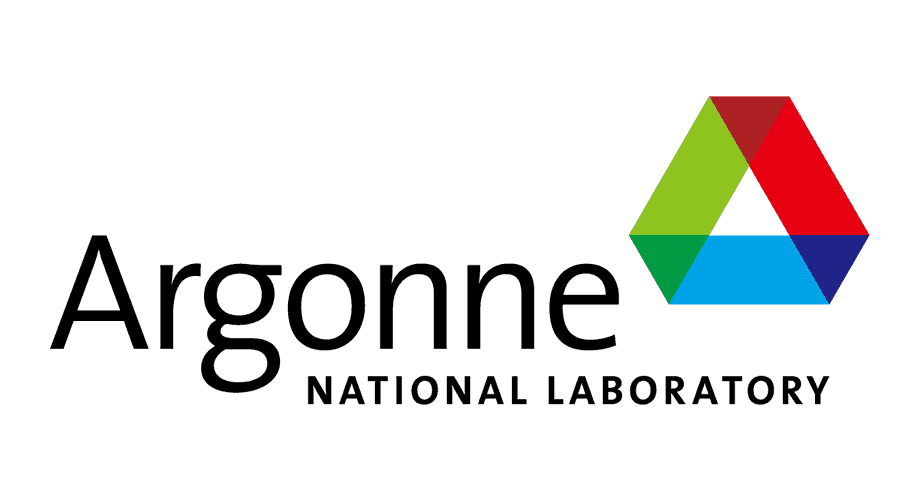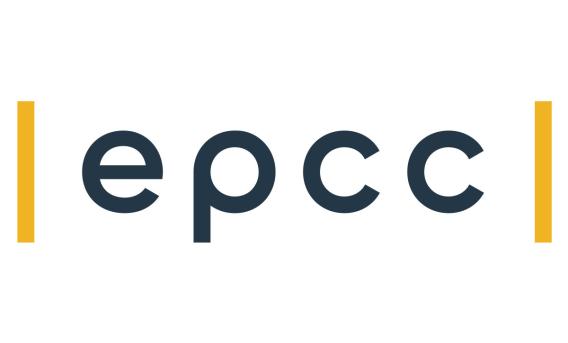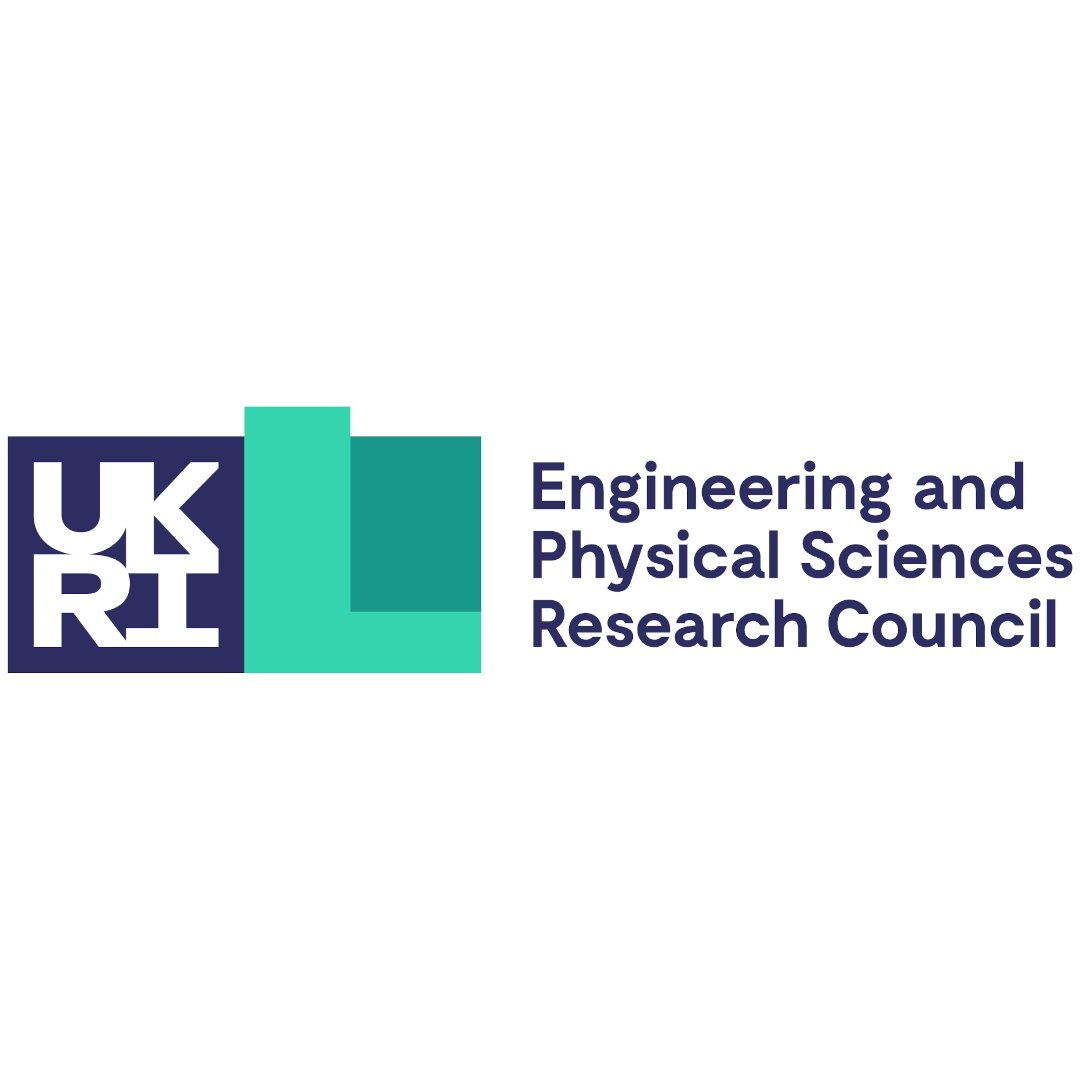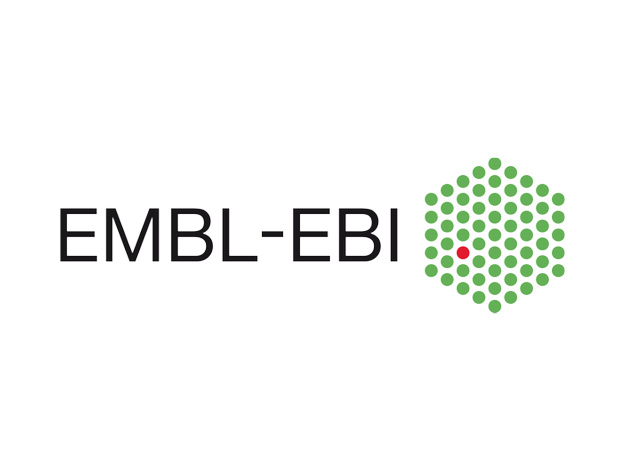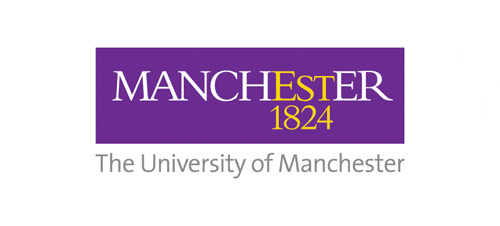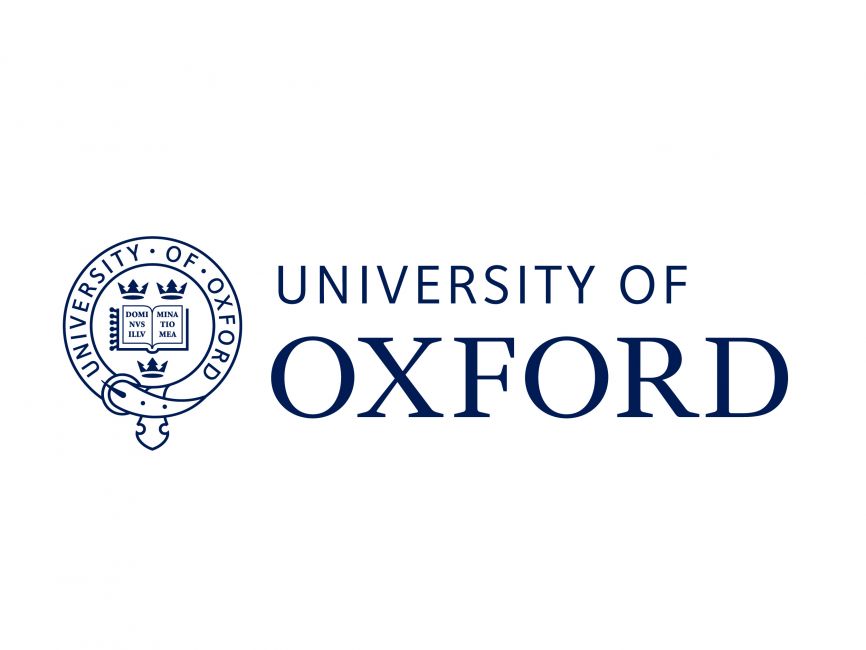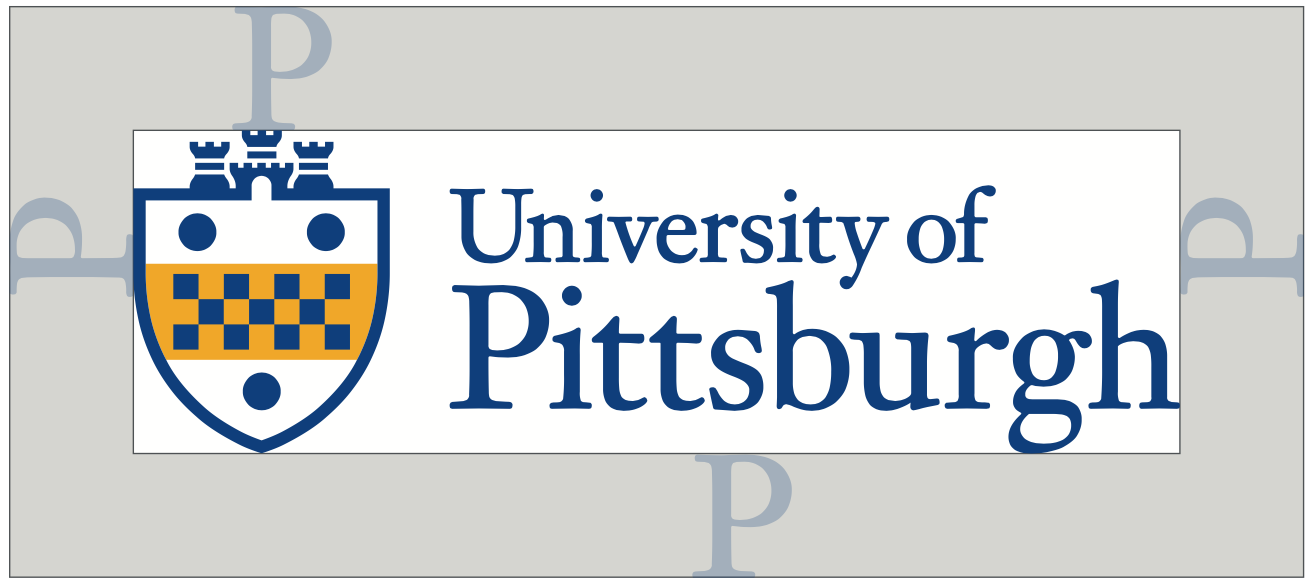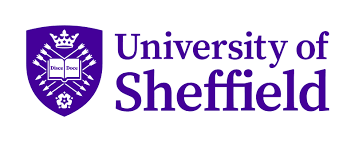
Computational Biology
Computational Biology develops algorithms and software for structural biology,
biomolecular modelling, tomography and bioinformatics.
It supports several scientific communities by providing:
- Software to process experimental data for macromolecular crystallography, cryogenic electron microscopy, computed tomography and medical imaging
- Software and expertise in modelling biomolecules and simulating systems
- Algorithms and tools for bioimaging across length scales
- AI and machine learning techniques such as denoising, object detection and semantic segmentation
- Training in scientific software for data analysis and modelling
- Online research environments customised to the processing of specific data
- Contribution to international efforts to develop metadata descriptions for tracking and archiving biological workflows
Projects and Research Areas
CCP4
CCP4 develops and supports a world-leading, integrated suite of programs enabling researchers to determine macromolecular structures using X-ray crystallography and other biophysical techniques. Its mission is to drive innovation in experimental protein structure determination and analysis, continuously integrating cutting-edge approaches into the suite. As a community-based resource, CCP4 serves the broadest possible research audience, including academic, non-profit, and commercial sectors. It plays a pivotal role in the education and training of scientists in experimental structural biology, actively promoting the dissemination of new ideas, techniques, and best practices. CCP4 engages in a wide range of outreach activities, including the annual CCP4 Study Weekend and multiple international crystallography schools held each year.
Find out more on CCP4 web-site
Follow us on X @ ccp4_mx
E-mail us at ccp4@ccp4.ac.uk
CCP-BioSim
Is a UK focussed consortium of institutions funded by CoSeC and is focussed on the development and dissemination of novel scientific software tools and methodologies. CCPBioSim maintains and develops software to meet the needs and challenges of the biomolecular simulation community. It runs an annual conference and bi-annual conferences on special topics a vibrant training workshop schedule throughout the year and once monthly seminars focussed on industrial research.
Subject areas: Biomolecular simulation, Software Development
STFC programme – CoSeC
Project webpages – www.ccpbiosim.ac.uk
CCP-EM - Collaborative Computational Project for Electron cryo-Microscopy
The Collaborative Computational Project for electron cryo-microscopy (CCP-EM) supports users and developers in biological cryoEM. Cryogenic electron microscopy is a technique that uses samples that have been rapidly frozen to solve biological structures at atomic resolution. It provides high-resolution structural analysis for cutting-edge pharmaceutical and life science research to help fight diseases like Alzheimer’s, diabetes, and malaria. The main activities of CCP-EM include producing and distributing the CCP-EM software suite, organising the annual CCP-EM Spring Symposium, providing training for cryoEM software through workshops and supporting the UK national cryoEM facility eBIC. To find out more about cryoEM and CCP-EM, watch this episode of the DataVerse Podcast.
Find out more on the CCP-EM Website
Follow us on X @ccp_em.
Email us at ccpem@stfc.ac.uk.
CCPi - Collaborative Computational Project in Tomographic Imaging
The collaborative computational project in tomographic imaging (CCPi) was initiated in 2012 to support the UK non-clinical computed tomography (CT) community with the aim of developing software and the necessary training to increase the quality and level of information that could be gleaned from X-ray projection data.
Specifically, two suites of open-source software tools have been developed by CCPi:
- CIL (Core Imaging Library): software for pre-processing and reconstruct a 3D/4D volume images from ‘sub-optimal’ datasets; and
- iDVC (Digital Volume Correlation): interactive visualisation and quantification techniques to extract relevant quantities from 3D data.
The current focus of CCPi is on the establishment and growth of the community, the development of software for non-standard and sub-optimal data and strengthening the links with other communities such as CCPSyneRBI.
Find out more on the CCPi Website
Follow us on X: @ccpi
Email us at tomography@stfc.ac.uk
CCPSyneRBI
CCPSyneRBI (initially CCP PETMR) created a network of UK and international Engineering and Physical Science researchers working towards the beneficial integration of image reconstruction of multi-modal/multi-channel/temporal data from medical and biomedical scanners, initially for PET and (multi-sequence) MRI, and in the last few years adding SPECT. CCPSyneRBI aims to improve networking and strengthen the biomedical imaging community, expand open-source software infrastructure and translate this towards biomedical research by creating pipelines for clinical research studies and training of end-users.
A major output of SyneRBI is open-source software, including the Synergistic Image Reconstruction Framework (SIRF). SyneRBI collaborates closely with the CCP for Tomographic Imaging (CCPi), which focuses on non-medical image reconstruction and analysis with an emphasis on X-ray CT. SyneRBI and CCPi work together on advanced applications such as synergistic image reconstruction including motion correction and stochastic optimisation using SIRF and CCPi’s Core Imaging Library (CIL).
Find out more on the CCPSyneRBI Website
Email us at tomography@stfc.ac.uk
Bioinformatics and Genomics
CCP4 maintains strong connections with leading bioinformatics centers, including the European Bioinformatics Institute (Cambridge, UK), the Protein Bioinformatics Chair at the University of Liverpool, and others. These collaborations, fostered through numerous joint projects funded by the BBSRC and CCP4, have led to the development of new and enhanced programs, which are made available to structural biologists globally via the CCP4 Software Suite.
AI and Machine Learning
CCP4 prioritizes the deployment of novel technologies to enhance the productivity and quality of its software offerings. The integration of AI-based structure predictions from AlphaFold-2, ColabFold, and OpenFold has significantly increased the success rate of structure solutions, resulting in a marked improvement in the automation of structure solution projects. Advanced machine learning methods are employed across the Suite for a variety of tasks, including the interpretation of electron density maps, model building, solvent content assessment in macromolecular crystals, and many other ongoing projects.
Data Analysis at Facilities
Software from the Computational Biology Theme is used at all the large facilities on the Harwell Campus. Our crystallography software is used on the Diamond MX beamlines, for electron diffraction studies at eBIC, and for neutron diffraction at ISIS. Software for computed tomography is used at Diamond, ISIS and CLF’s Extreme Photonics Applications Centre. CCP-EM software is used at eBIC and at the Rosalind Franklin Institute. In addition to making our software available to facility users, we work with instrument scientists to build data workflows for each experiment type, often re-using software components from our main suites. Support from the Ada Lovelace Centre is helping us to improve the data analysis environment for facility users in the biological sciences.
HECBioSim
HECBioSim is a UK focussed consortium on institutions funded by CoSeC and is focussed on the exploitation of UK High Performance Computing (HPC) facilities for biomolecular simulation research. HECBioSim provides a single point source of access for UK academics to get access to a wide array of HPC facilities. HECBioSim benchmarks and optimises research software for HPC applications as well as training UK researchers in best practice and how to get the best use out of HPC.
Subject areas: Biomolecular simulation, High Performance Computing
STFC programme – CoSeC
Project webpages – www.hecbiosim.ac.uk
ExaBioSim
Exabiosim is a project funded by the EPSRCs ExCALIBUR programme to identify and test biomolecular simulation regimes for the future of UK supercomputing at the Exascale. The project is concerned with testing a wide array of software tools and programs with the next generation hardware testbeds that are candidate platforms for future Exascale compute.
Subject areas: Biomolecular simulation, Exascale Computing
STFC Programme – External
Project webpages – https://excalibur.ac.uk/projects/exabiosim/
BioSimDB
BioSimDB is a project that has emerged from the biomolecular simulation pathfinder within the PSDI programme. BioSimDB is focussed on developing software tools for making biomolecular simulations software FAIR compatible as well as to develop and maintain a UK database service for biomolecular simulation data.
Subject areas: Biomolecular simulation, Data
STFC Programme – PSDI
Project webpages – https://www.psdi.ac.uk

The Computational Biology Theme provides software solutions for handling and interpreting biological data. We enable academic and industrial researchers to get the most out of their experimental data, through use of advanced algorithms, AI/ML and high performance computing.
Dr Martyn Winn, Theme Lead, Computational Biology



